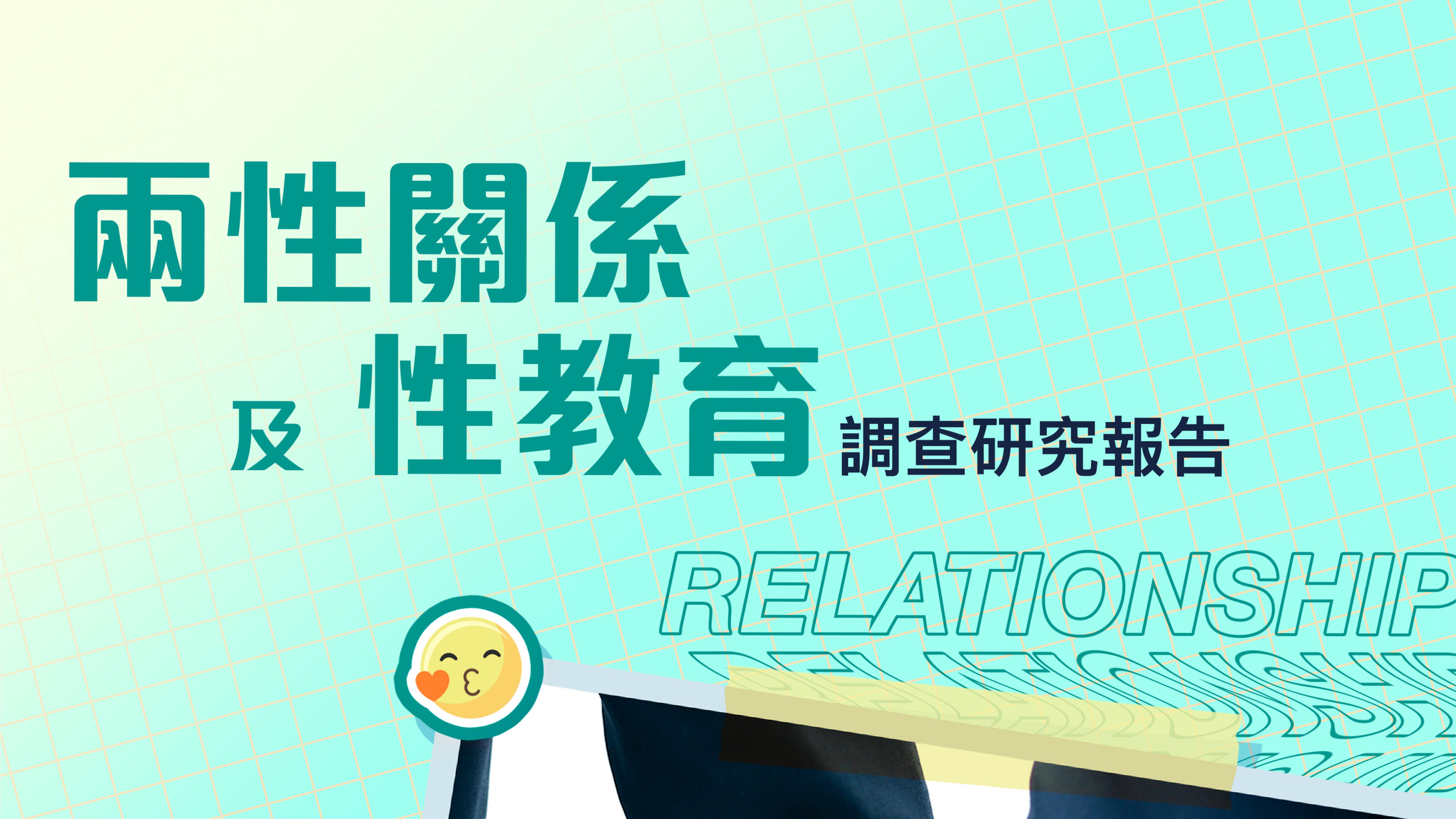2022-02-14
Improve Neglected and Narrow Sex Education in HK

A comprehensive and inclusive form of sex and relationships education (hereafter, sex education) benefits the physical and mental well-being of young people, yet Hong Kong’s schools have long neglected this area of education. To better understand students’ views on sex education and the quality of such lessons, MWYO collected 5,516 survey responses from 12 Hong Kong secondary schools between late January and late May 2021. MWYO also interviewed 24 teachers from these schools.
Sex education in secondary schools is inadequate in terms of teaching hours and content. According to survey results, 85% of F.1 to F.3 students and 77% of F.4 to F.6 students stated that they received less than two hours of sex education every year. For comparison, a set of government guidelines in 1986 suggested that secondary schools teach 7 hours of sex education each year.
Schools have mostly failed to offer adequate teaching on topics students would like to learn the most. When F.4 to F.6 students were asked which topics related to sex and relationships they were most interested in, top choices include “handling relationships”, “LBGTQ issues”, “gender equality” and “masturbation”. However, for all these topics, around 70% or more F.4 to F.6 students thought that they had not learnt enough or did not learn about them in school at all. Sex education in most schools has a narrow focus on physical changes during puberty, thereby neglecting numerous topics that students are interested in or deem important.
The government plays an important role in leading the revamping of sex education programmes across secondary schools in Hong Kong. Despite incorporating sporadic elements of sex education, the Education Bureau’s newly published Value Education Curriculum Framework offers little guidance on how to structure a sex education programme. The bureau should publish guidelines on the learning objectives and topics at different stages, effective methods and modes of teaching, and a suggested number of teaching hours. In compiling these guidelines, the bureau should consult local sex education organisations and policy documents citing international standards (such as UNESCO’s International technical guidance on sexuality education), while considering the needs and expectations of students. Ideally, these guidelines should be renewed every five years to reflect changing social landscapes and attitudes towards sex and relationships.
In terms of individual schools, developing a sex education policy would be beneficial for parents and students. The UK government requires schools to have a written policy for Relationships and Sex Education (RSE) available for parents and others to read on the school website. The policy should outline the topics of the scheme and at which grade they are taught, how the policy was produced and will be kept under review, and who delivers RSE. Hong Kong should follow this example to ensure openness and transparency. Schools should also consider students’ preferences when designing their sex education policies, whether it be through surveys or anonymous suggestion boxes.
Originally published in Ming Pao on February 14, 2022



